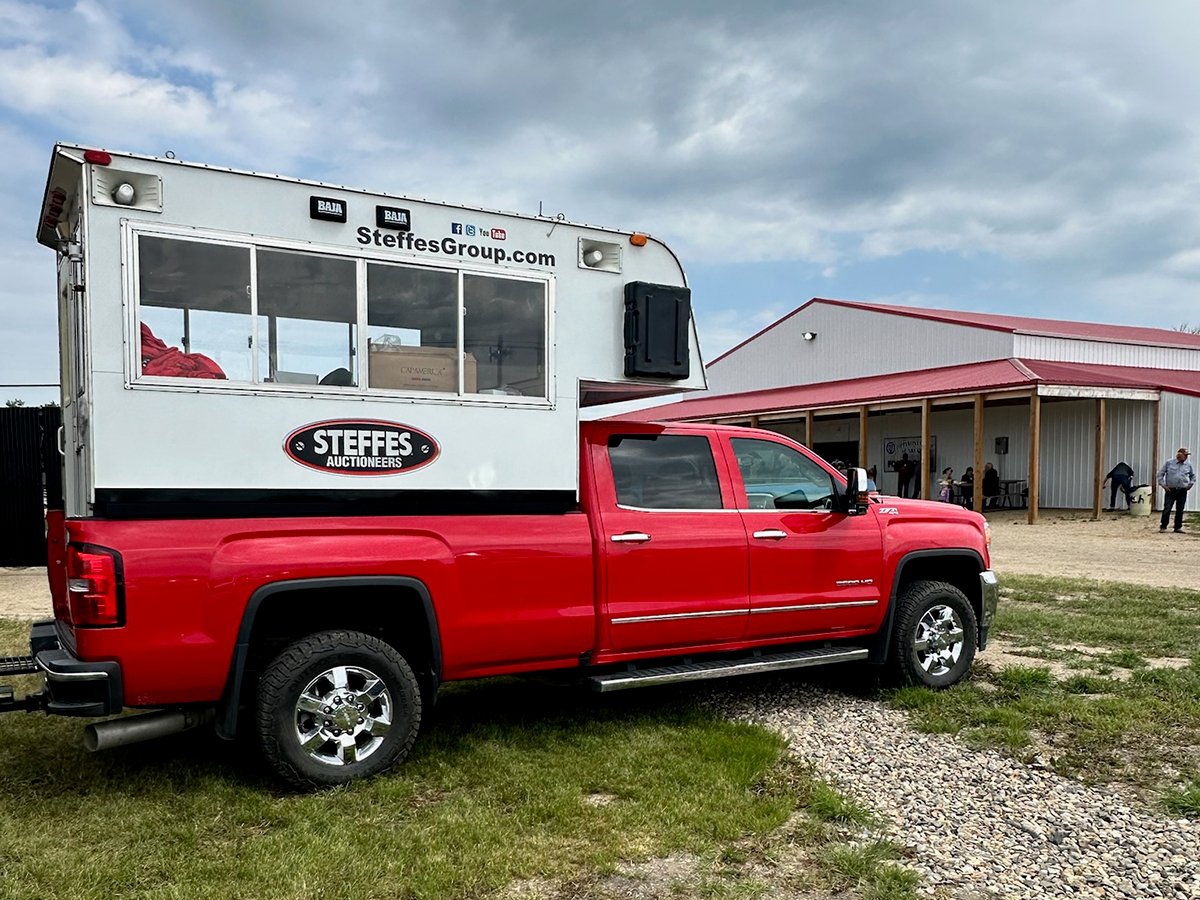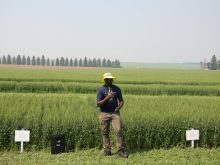Saskatchewan’s legislative move to confirm exclusive jurisdiction over its natural resources includes fertilizer use.
The Saskatchewan First Act, introduced Nov. 1, is designed to help protect the province’s economic growth from “intrusive federal policies,” said justice minister Bronwyn Eyre.
The province already has jurisdiction over natural resources but Eyre said the bill confirms that authority over non-renewable natural resource exploration, development, conservation and management, forestry and electricity generation.
Read Also

Farm auctions evolve with the times
Times have changed. The number of live, on-farm auctions is seeing a drastic decline in recent years. Today’s younger farmers may actually never experience going to one.
It also states, “the regulation of fertilizer use in Saskatchewan, including application, production, quantities and emissions.”
Eyre said fertilizer is included because of concern surrounding possible mandates. Ottawa has said the plan to reduce fertilizer emissions by 30 percent is not going to be mandatory but the minister said there is reason to be worried.
“We’re concerned that as in so many areas— methane, clean electricity regulations, the carbon tax — it very, very, very quickly becomes not a partnership of equals, not working together but a dictation about compulsory measures, which absolutely harm the province and the ag sector, which is the most sustainable of any ag sector in the world,” she told reporters.
“We’re concerned about the signals that are being sent about the fertilizer reduction and potential mandates in that area.”
Eyre said the province doesn’t want a situation similar to the carbon tax in which the federal government used peace, order and good governance as justification for its imposition. She said federal authority should not trump provincial authority when they butt up against each other in court.
She said it is important to explicitly establish jurisdiction so that everyone is clear.
“We have exclusive jurisdiction under the constitution. We are asserting what we already have. The point of that legally is because increasingly we are seeing stealth, we are seeing regulations, legislation being imposed on us which have economic harm and which actually violate the law,” she said.
She cited the federal fuel standard impact of $700 million per year, noting it will impact gas and diesel production and consumption, rail, exports and agriculture.
“It is a federal policy and it directly infringes 92A,” she said, referring to the constitutional clause that established jurisdiction over natural resources.
Eyre added the province is confident that this step has practical and legal weight.
The legislation comes after a summer tour by government MLAs of mainly closed-door meetings to discuss provincial autonomy and the white paper, Drawing the Line, released by the premier.
Contact karen.briere@producer.com
















